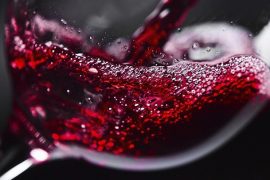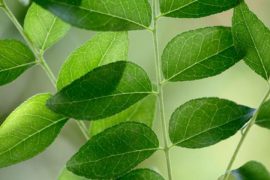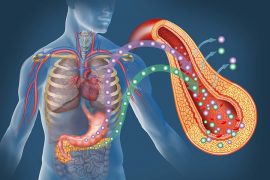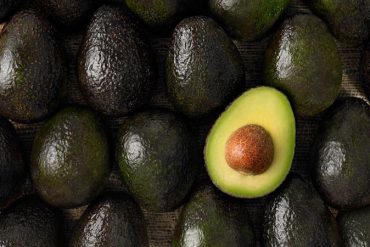If you are suffering from diabetes, then adhering to proper diet to control your gallbladder problems should not be difficult. This is especially so if you are already leading a healthy lifestyle. As you go on with your intake of carbohydrates and sugar, you will need to also turn your attention to the type of fats that you consume.
Gallbladder Issues in Diabetes
Gallbladder, as you know, is a small and pear-shaped pouch located right below your liver. It stores bile and releases it into your intestine to ensure proper digestion. Your bile consists of lecithin, cholesterol, pigments and bile salts, which are produced in by your liver.
The risk factors for developing gallstones are gender and genetics. Women are twice as likely as men to suffer from gallstones, especially those who are overweight. Gallstones can lead to symptoms like abdominal pain, nausea, bloating, gas and vomiting. If symptoms persist, gallbladder removal might be an option.
However, many who develop gallstones do not show any symptoms at all. Although 20 percent of those aged 65 and above develop gallstones but only around 4 percent of them suffer from the symptoms. In order to avoid gallstones, doctors recommend a diet that is low in fat and cholesterol but high in fiber and moderate intake of calories.
Gallbladder Diet for Diabetes
In order to control diabetes, many doctors recommend consuming lots of fruits and vegetables and other foods that are high in fiber. They also recommend avoiding consumption of fats and sugar, or otherwise consumed in limited portions. The same goes for a gallbladder diet, but with more emphasis on the reduced fat consumption.
For instance, you may need to switch to low fat margarine or butter, low fat cheeses and low fat salad dressings. As for those who are suffering from diabetes, the recommended foods to avoid gallbladder problems are fresh fruits and vegetables. Other foods that are recommended and safe to consume are whole grains, oats, brown rice and bran cereal, including low fat dairy products. Fish, poultry and lean meats are also recommended.
Preventative Eating
In order to prevent gallstones, you should avoid fried food, along with unhealthy trans, hydrogenate, saturated and partially hydrogenated fats. It is best to read food labels very carefully. Moreover, one should drink at least eight glasses of water every day. In addition, people who are overweight should consider losing weight. You should also reduce your cholesterol consumption.




